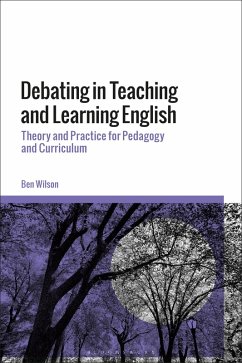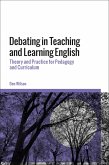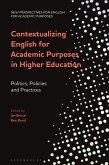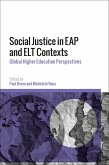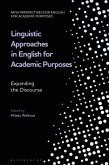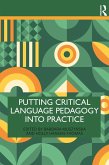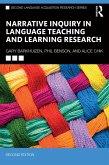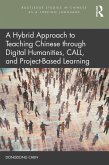This book offers the first full-length treatment of the topic of debating as a method of developing English Foreign Language (EFL) speaking, inviting scholars and practitioners to reflect on the demands of the current age for moving forward educational practice. While debating is a well-known method of dialogic speaking and is widely practiced, the extent to which it is integrated in adult TEFL has not been established, and an understanding of its affordances for developing foreign language speaking is also limited.
This book fills the gap in the field of TESOL and applied linguistics on the affordances of debating as a form of dialogic speaking that can promote a holistic understanding and improvement of experience of education, and indeed academic outcomes. The two main themes that situate the work are those of dialogic speaking and affect (at times referred to as 'humanistic', 'positive psychology' and 'social and emotional learning').
The book details the experiences of an adult EFL debate group in a private language school in the North of Italy. It reports how the participants experience the pedagogy so as to offer insights into it as a form of teaching speaking in adult EFL, as well as providing a practical framework with lesson plans and curriculum. The affordances of debating emerge as being social, cognitive, educational and communicative, and are discussed alongside the work of language teaching scholars Curran and Freire, and more broadly within a Social Constructivist approach to education. As such, debating is discussed as being a holistic and dialogic form of pedagogy. Particular attention to experience - often affective - is also found to be fundamental in planning and assessing educational outcomes for both teachers and learners.
This book fills the gap in the field of TESOL and applied linguistics on the affordances of debating as a form of dialogic speaking that can promote a holistic understanding and improvement of experience of education, and indeed academic outcomes. The two main themes that situate the work are those of dialogic speaking and affect (at times referred to as 'humanistic', 'positive psychology' and 'social and emotional learning').
The book details the experiences of an adult EFL debate group in a private language school in the North of Italy. It reports how the participants experience the pedagogy so as to offer insights into it as a form of teaching speaking in adult EFL, as well as providing a practical framework with lesson plans and curriculum. The affordances of debating emerge as being social, cognitive, educational and communicative, and are discussed alongside the work of language teaching scholars Curran and Freire, and more broadly within a Social Constructivist approach to education. As such, debating is discussed as being a holistic and dialogic form of pedagogy. Particular attention to experience - often affective - is also found to be fundamental in planning and assessing educational outcomes for both teachers and learners.

